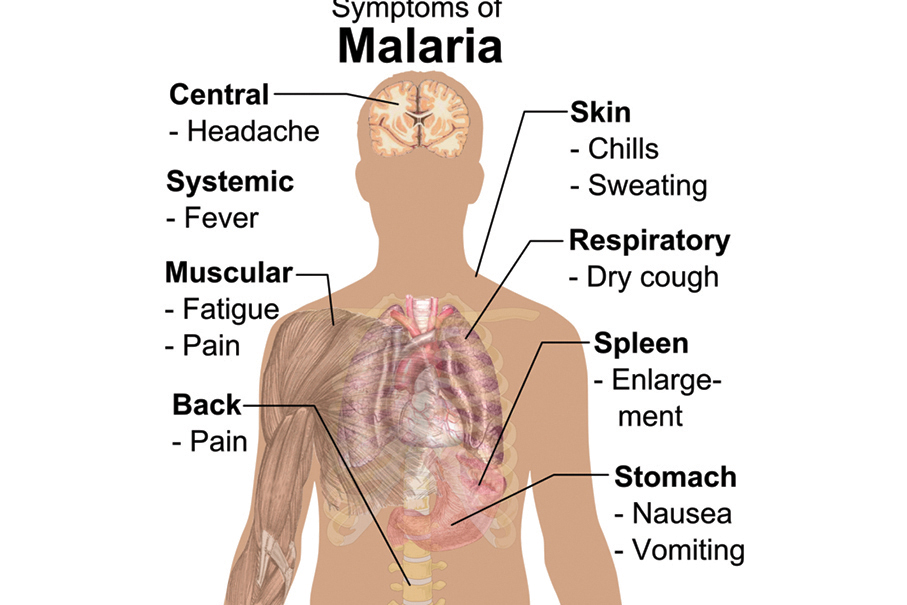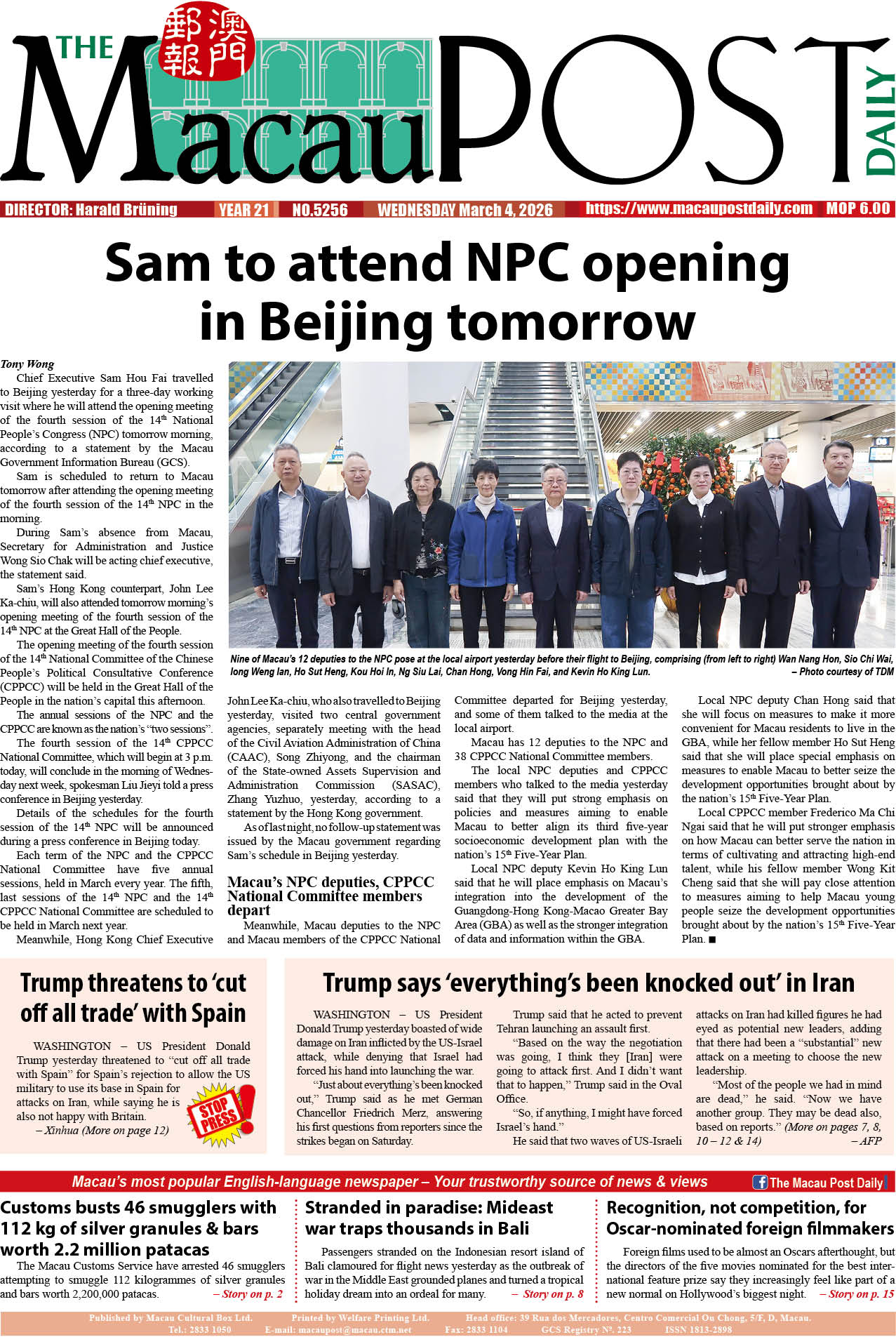Employers in the private sector will no longer benefit from the government’s current measure that subsidises their payment of 14 days of maternity leave from Friday next week (May 26), when a three-year transition period, which aims to help employers adapt to the increased number of days for statutory paid maternity leave, will end after the amended version of the Labour Relations Law took effect on May 26, 2020.
The Labour Affairs Bureau (DSAL) and the Social Security Fund (FSS) issued the reminder in a joint statement yesterday.
During a plenary session in May 2020, the Legislative Assembly (AL) passed a government-initiated amendment bill raising the number of days for statutory paid maternity leave to 70 days from the previous 56 days in the private sector. The bill amended the Labour Relations Law, which took effect in 2009. The Labour Relations Law regulates the private sector’s employment. The public sector has its own employment regulations that are much more generous than those of its private counterpart.
The Labour Relations Law amendment bill took legal effect on May 26, 2020.
In compliance with the amendment bill, the government rolled out a three-year transition period aiming to help employers gradually adapt to the implementation of the new statutory 70 days of paid maternity leave.
During the three-year transition period, which is to expire on May 26 (Buddha’s Birthday, a public holiday in Macau), the employer is required to pay mothers at least 56 days leave out of the 70 days, while the remaining up to 14 days are paid by the government. However, this arrangement only applies to mothers who are local residents. Consequently, the employer of a new mother who is a non-resident worker (NRW) still needs to pay the whole 70-day maternity period.
After the three-year transition period, the government is required to review the 14-day subsidy measure with the aim of determining whether to continue with it.
The government has still not announced when the review will be carried out.









